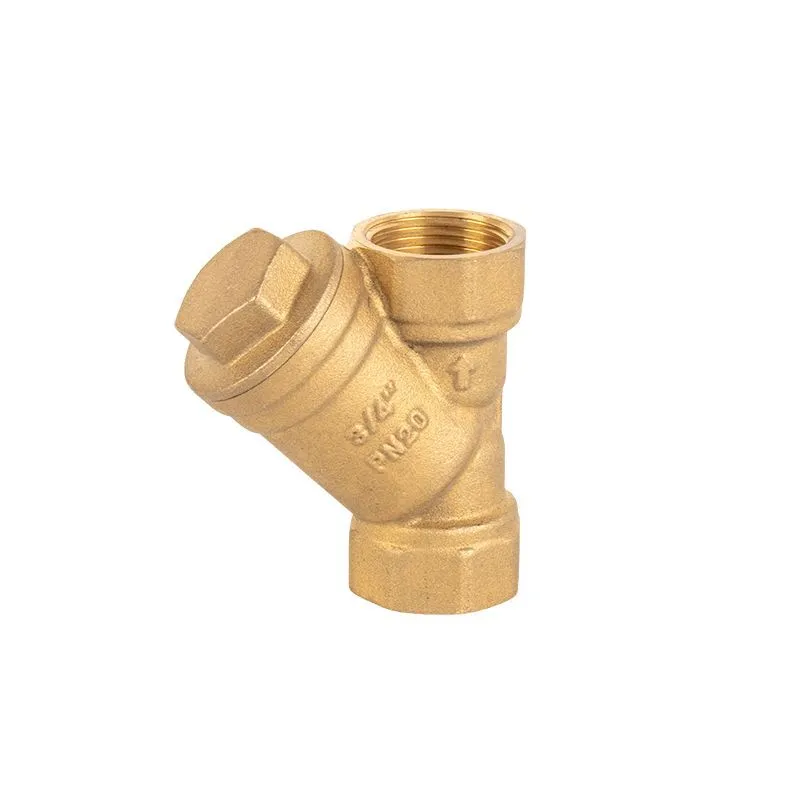Understanding Brass Check Valves: A Key Component in Fluid Control
2024-08-09
Introduction
In the world of fluid control systems, the check valve plays a crucial role in ensuring the smooth and efficient flow of liquids and gases. Among the various types of check valves, the brass check valve stands out for its durability, reliability, and versatility. Whether you’re working on a plumbing project or an industrial application, understanding the benefits and uses of brass check valves can help you make informed decisions.

What is a Brass Check Valve?
A brass check valve is a type of valve that allows fluid to flow in only one direction. It automatically prevents backflow, which can cause damage to the system or contaminate the fluid. The valve is made from brass, a metal alloy composed of copper and zinc, known for its excellent corrosion resistance and durability. Brass check valves are widely used in various applications due to their robustness and efficiency.
How Does a Brass Check Valve Work?
The operation of a brass check valve is relatively simple. It consists of a valve body, a disc or ball, and a spring mechanism:
- Forward Flow: When fluid flows in the correct direction, it pushes the disc or ball away from the valve seat, allowing the fluid to pass through.
- Backflow Prevention: If the fluid attempts to flow in the opposite direction, the spring mechanism forces the disc or ball back onto the valve seat, effectively sealing the valve and preventing backflow.
Advantages of Brass Check Valves
Brass check valves offer several benefits that make them a popular choice in various applications:
- Corrosion Resistance: Brass is highly resistant to corrosion, making these valves ideal for use in water, oil, and other corrosive environments.
- Durability: The strength and resilience of brass ensure that the valve can withstand high pressures and temperatures without deforming or breaking down.
- Low Maintenance: Brass check valves require minimal maintenance, thanks to their simple design and robust construction.
- Versatility: These valves are compatible with a wide range of fluids, including water, oil, and gas, making them suitable for numerous applications.
Common Applications of Brass Check Valves
Brass check valves are used in a variety of industries and applications, including:
- Plumbing Systems: Preventing backflow in residential and commercial water supply systems.
- HVAC Systems: Ensuring proper flow of refrigerants and preventing contamination in heating and cooling systems.
- Irrigation Systems: Controlling the flow of water in agricultural and landscaping irrigation systems.
- Industrial Processes: Regulating the flow of gases and liquids in manufacturing and processing plants.
Conclusion
Brass check valves are essential components in many fluid control systems, offering reliability, durability, and versatility. Whether you’re dealing with water, oil, gas, or other fluids, these valves provide effective backflow prevention, ensuring the smooth and efficient operation of your system. By choosing brass check valves, you can enhance the longevity and performance of your fluid control applications.


